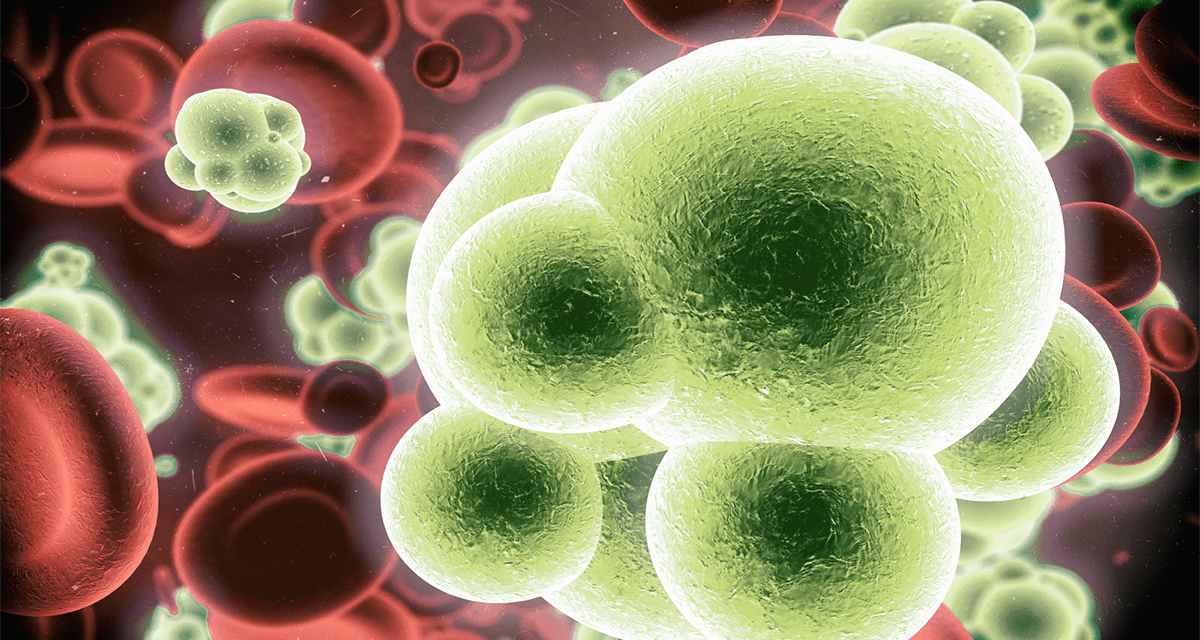Zika virus (ZIKV)-associated congenital microcephaly is an important contributor to pediatric death, and more robust pediatric mortality risk metrics are needed to help guide life plans and clinical decision making for these patients. Although common etiologies of pediatric and adult mortality differ, early life health can impact adult outcomes-potentially through DNA methylation. Hence, in this pilot study, we take an early step in identifying pediatric mortality risk metrics by examining associations of ZIKV infection and associated congenital microcephaly with existing adult DNA methylation-based mortality biomarkers: GrimAge and Zhang’s mortality score (ZMS).
Mortality measures were calculated from previously published HumanMethylationEPIC BeadChip data from 44 Brazilian children aged 5-40 months (18 with ZIKV-associated microcephaly; 7 normocephalic, exposed to ZIKV in utero; and 19 unexposed controls). We used linear models adjusted for chronological age, sex, methylation batch and white blood cell proportions to evaluate ZIKV and mortality marker relationships.
We observed significant decreases in GrimAge-component plasminogen activator inhibitor-1 [PAI-1; β = -2453.06 pg/ml, 95% confidence interval (CI) -3652.96, -1253.16, p = 0.0002], and ZMS-site cg14975410 methylation (β = -0.06, 95% CI -0.09, -0.03, p = 0.0003) among children with microcephaly compared to controls. PAI-1 (β = -2448.70 pg/ml, 95% CI -4384.45, -512.95, p = 0.01) and cg14975410 (β = 0.01, 95% CI -0.04, 0.06, p = 0.64) results in comparisons of normocephalic, ZIKV-exposed children to controls were not statistically significant.
Our results suggest that elements of previously-identified adult epigenetic markers of mortality risk are associated with ZIKV-associated microcephaly, a known contributor to pediatric mortality risk. These findings may provide insights for efforts aimed at developing pediatric mortality markers.
© The Author(s) [2021]. Published by Oxford University Press. All rights reserved. For permissions, please email: journals.permissions@oup.com.
Associations of DNA Methylation Mortality Risk Markers with Congenital Microcephaly from Zika Virus: A Study of Brazilian Children Less than 4 Years of Age.


